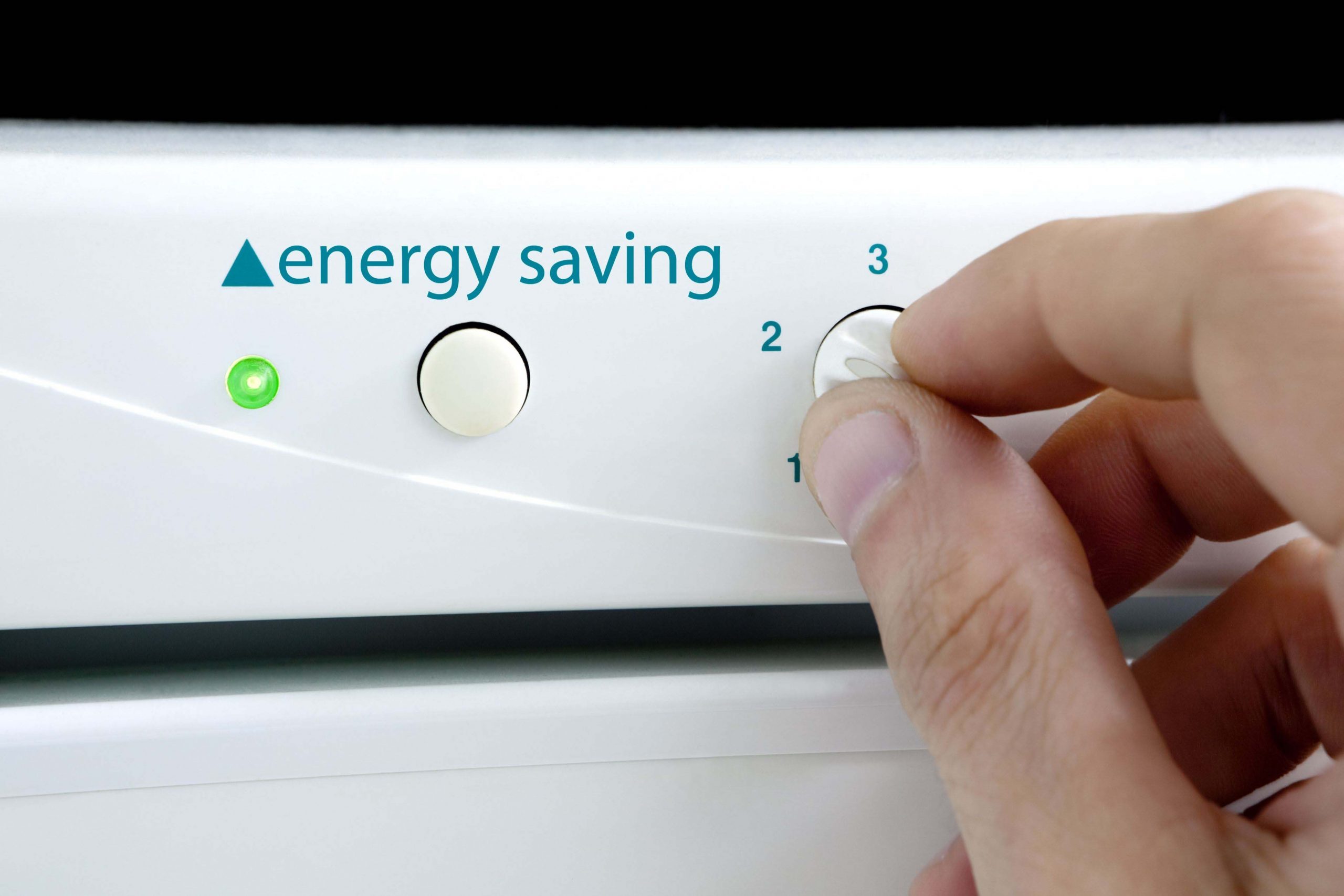
Starting next summer, only energy-efficient air conditioning units, refrigerators, washing machines and other household appliances will be allowed to be sold in Qatar, according to a senior Ministry of Environment (MOE) official.
After several delays, older-generation appliances are to be finally phased out for import and sale in the state by a new deadline of July 2016, Mohamed bin Saif Al Kuwari, assistant undersecretary in the MOE’s laboratories and standardization said.
The new style of AC units and other domestic electrical goods should help to reduce Qatar’s massive electricity consumption and save on costs.
“Only the new-generation appliances, which will help save 30 percent of power, will be allowed to be imported,” Qatar Tribune quoted Al Kuwari as saying.
However, he has previously said that the greener technology would come at a price, as the energy-efficient goods are expected to be around 5 percent more expensive than the older-style ones.
Previous plans
Qatar authorities have been talking about banning energy-hungry appliances for some time. In February, Al Kuwari said the new rules would be in force from September.

However just three months later, the MOE announced it had halted plans to phase-out the units while it undertook a study “to avoid importing defective air conditioners.”
The new deadline coincides with the enforcement of a ruling by a regional group, of which Qatar is a member, to regulate domestic electrical appliances.
The GCC standardization Organization (GSO) ruled in November last year to introduce minimum technical requirements for low-voltage appliances.
Goods such as fans, food mixers, electric heaters, fridges and washing machines will all have to carry a permanent G-mark sticker that shows they meet the necessary standards.
The regulations are expected to be enforced starting in June, and will become mandatory by July 2016.
A full list of all appliances governed by the new rules can be found here, and also includes freezers, tumble driers, juicers, toaster and AC units.
Under the regulations, each country is required to set up its own enforcement body, which can authorize recalls for appliances which don’t comply. According to Article 36, sanctions against companies found to repeatedly break the rules include criminal proceedings.
Going green
According to the Qatar National Development Strategy 2011-16, domestic AC units account for two-thirds (67 percent) of total residential power consumption.

The nation is also among the world’s largest consumers of water and electricity per capita, in large part because the government heavily subsidizes the cost of both.
The new deadline comes as Qatar authorities have been trying to encourage residents to be more energy-conscious.
At the recent inauguration of the Abdullah bin Hamad Al Attiyah Foundation for Energy and Sustainable Development, Gulf states were warned that they face losing critical export revenue if they don’t become more energy efficient and reverse the trend of soaring consumption at home.
One of the think tank’s founding members and the economic advisor to the Emir Dr. Ibrahim Al-Ibrahim said:
“As the rest of the world is gradually turning towards greater energy efficiency in economic terms, much of the GCC is going the other way, using ever more energy to produce a unit of economic growth and becoming less competitive in the process.
“If these long-term consumption trends continue, the Gulf States are forecast to be just a few decades away from relinquishing their long-held position as global energy suppliers.”
Higher bills
As the country’s population continues to grow, the amount of electricity generated in Qatar rose 11.6 percent to 38,693 gigawatt hours (GWh), according to the most recent figures from Kahramaa. In rough terms, that’s nearly enough electricity to power 3.4 million homes for a year.

The state utilities provider Kahramaa already attempts to draw attention to wastage through its Tarsheed campaign, which is tasked with reducing domestic use of energy and water.
The agency’s five-year plan, which launched in April last year, aims to cut electricity usage per person by 9 percent – from 43 KWh/day currently to 39KWh/day by 2018.
In what could be an attempt to partly address this issue, Kahramaa did quietly increase its prices for energy and water usage in August this year, which prompted some shopping malls in the state to adopt energy-saving practices to help cut rising costs.
Meanwhile, in October the Emir also signed off on legislation that doubles the fines for those caught wasting water and power.
The new law, which amends Law No. 26 of 2008, doubles the maximum penalty that the current conservation law allows for violators.
For example, those who leave their outside lights on during the day could be fined up to QR10,000. It is not illegal, however, for buildings to leave their lights on at night.
However, enforcement of the legislation remains an issue.
Thoughts?







